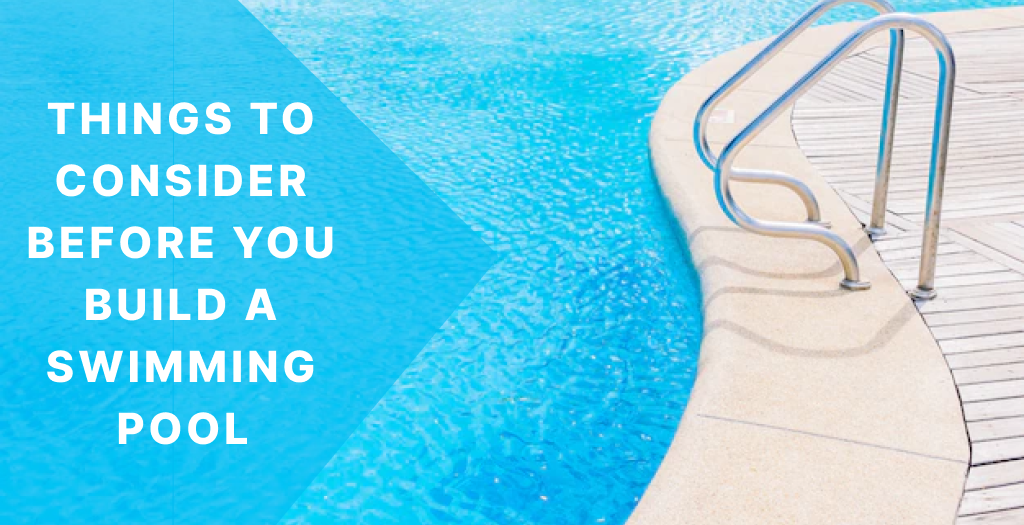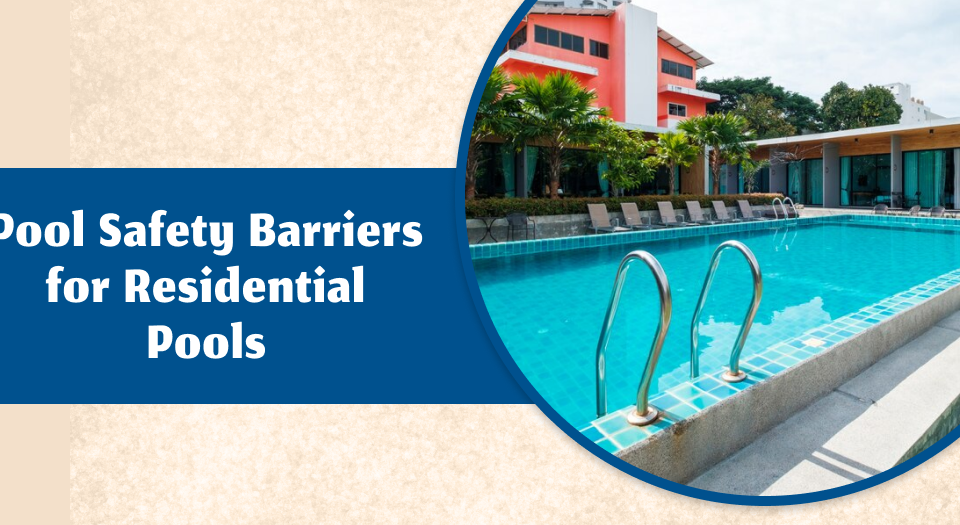
Things to Remember Before You Install Glass Pool Fence
October 31, 2022
Things to Consider Before you Build a Swimming Pool
November 29, 2022Few people swim all year outdoors, most opt to close it down during the winter. However, when you decide to put away your swimming stuff you should ensure that you take proper measures so your pool doesn’t get damaged during hibernation.
If we think about it shutting down your pool for winter is often more time-consuming than opening it up. However, if you pay good attention to it then it will mean less to do when you re-open it again.
Why should you prepare your pool?
You may wonder why you need to prepare your pool for the winter as it’s a hassle. However, letting the pool water freeze could also damage and expand your pool liner.
Even if the water doesn’t freeze it leaves your pool inactive and may damage it in other ways. For example, the water you leave in it could become chemically unbalanced, leaving you with corrosive damage or nasty chemical deposits.
If you close down the pool properly, it means that when spring comes again the next time it will be ready to use.
Clean your pool
It would help if you cleaned your pool thoroughly. Scoop any leaves or debris out of the water, and follow up by scrubbing your pool.
Make sure that you get rid of algae and it is also an excellent time to clean around the water line.
Check the PH
Getting the chemistry right is important if you want your pool to be healthy and clean in the upcoming spring. You can start by getting a pool test kit to test the PH. It needs to be between 7.6 and 7.2.
If it is too high, add a PH decreaser; if it is too low, you should add a PH increaser.
Check the alkalinity
Your pool requires the right type of alkalinity level. The ideal level is between 125 and 80 ppm for plaster pools or gunite and 150 and 125 ppm for other kinds. If the alkalinity is too low add an overall alkalinity increaser. However, in case it is too high use your PH decreaser.
Check the hardness
Calcium content or water hardness is essential for pool health. The optimum calcium level is between 225 and 175 ppm. If your water is too hard, drain some and add fresh water. If it is on the softer side, you can add some calcium hardness increaser.
Shock the pool
Even the cleanest water will slowly get contaminated by everything from hair cells or dead skin to soap residue to bugs or leaves.
The chlorine in your pool helps bind the bacteria created by these things, and it causes your pool to become quite cloudy.
Shocking your pool means adding a specially prepared formula to make your water clear, clean, and oxidize the chlorine. Remember to shock your pool before closing it down for the winter.
Lower the water level
Once your pool water gets treated and tested, it is time to lower the water level. You should drain your pool to about six inches below the levels of skimmers. It will also help in protecting if the water should get too cold.
Clean out the plumbing and the lines
Use a shop vacuum to blow out the water off the pool plumbing lines, and then you can stopper them. You can talk to your pool manufacturer about which stoppers work the best.
Only some people choose to add antifreeze to the plumbing lines. You can ask your pool service provider for guidance if you are uncertain.
Clean out the pumps
Every pump is different, so you can look at the manufacturers’ instructions to carry out this step.
Essentially, you want to rid the pipes of any debris to make them clean. You should also remove all the plugs from your chlorinator, heater, filter, and pump to store them in the pump basket till the following spring season.
Store and clean pool fittings
Now your pool is ready for winter and it is time for you to take care of the pool fittings. You can carefully remove handrails, skimmer baskets, slides, ladders, diving boards, etc. You can clean them thoroughly before you put them in a safe place for the winter season.
Cover your pool
You are finally ready to cover the pool. First, you should check that the cover is in good condition and doesn’t need replacement. You can now carefully guide the cover into place and secure it quite firmly. However, it would help if you remembered not to do it too tightly. You can also protect your pool until the return of warm weather.
Conclusion
Closing down your pool is quite an effort. However, if you gather chemicals and test kits before you start, you’ll find that you can work through the steps effortlessly.
The steps you take to prepare the pool for winter will make a great difference when spring rolls back around. You’ll have memories of a happy and safe winter with the pool that requires much less work to open.
You can contact us directly if you want any help regarding the pool fence in Ohio.




